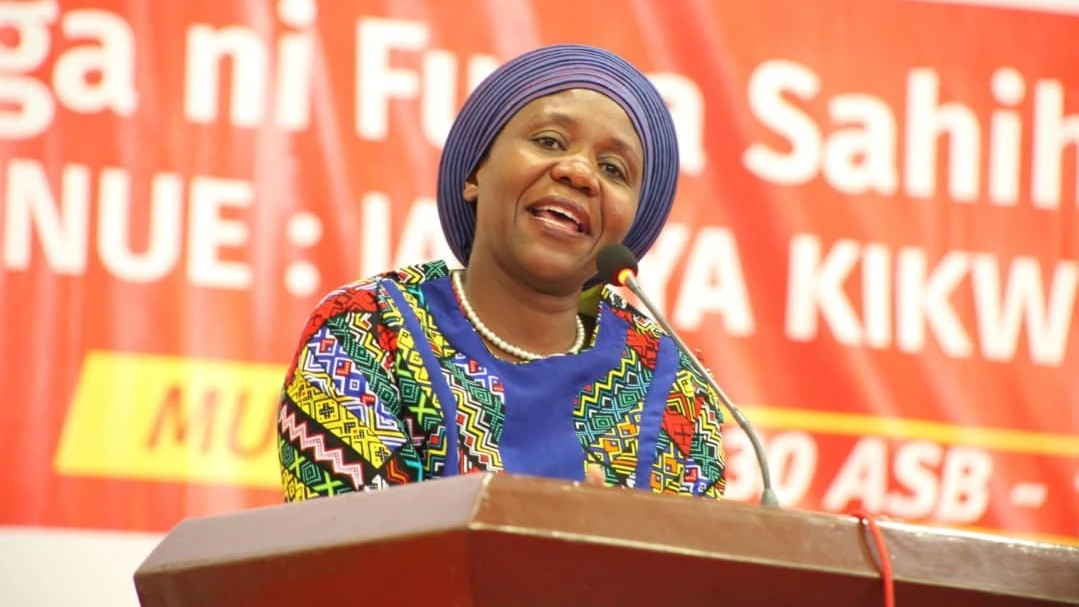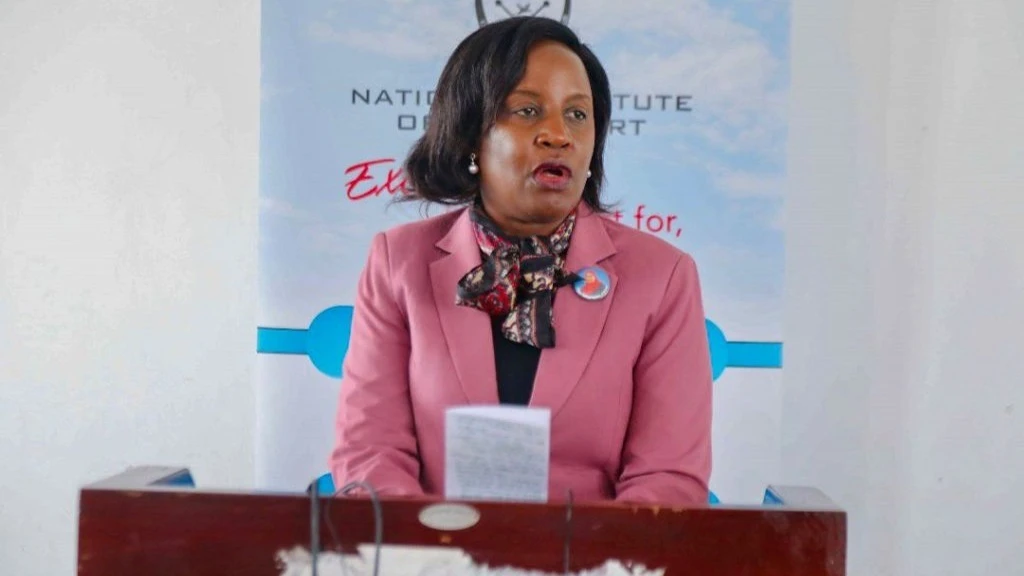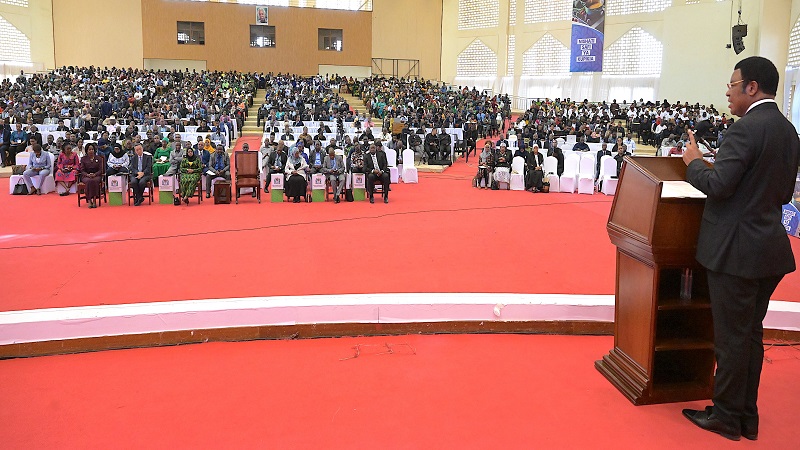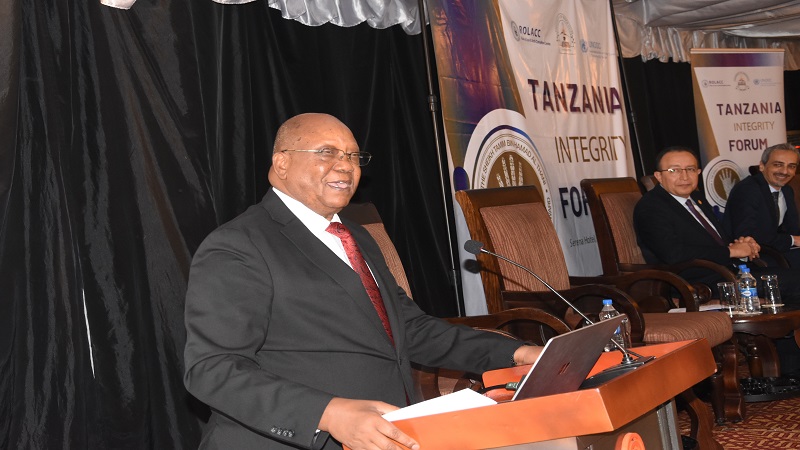EAC, Kenya private sector, explore trade harmony tools

THE East African private sector needs to find common ground where safeguarding national interests aligns with promoting regional benefits, a top executive has declared.
Veronica Nduva, the East African Community (EAC) secretary general issued this appeal in Nairobi yesterday at a roundtable organised by the Kenya Private Sector Alliance (KEPSA) in an effort to drive regional economic integration.
It focuses on improving the business climate and ensuring that the private sector's voice is heard in the policymaking process, she said, underscoring the importance of public-private collaboration in achieving a more integrated and prosperous East African region.
This will facilitate easing of doing business and fostering competitiveness at the national and regionals, or even beyond, she stated.
To reduce protectionism by EAC partner states, the private sector needs to embrace product diversification, specialisation and value addition in manufacturing and take advantage of the over 300m people regional market, she further noted.
Setting out an overview of intra - EAC trade values, she said that it had increased by 14per cent to $12.2bn in 2023 compared to a rise of 9.2 per cent at $10.7bn in 2022. Intra-regional stood at 13per cent of total EAC trade whereas total EAC trade grew by 2.3 percent to $80.6bn in 2023 from $78.7bn in 2022, she explained.
She observed that the EAC Customs Union has eliminated tariffs on intra-regional trade since 2005, resulting in over 60 per cent increase in intra-EAC trade, while reporting non-tariff barriers has noticeably helped to boost trade facilitation.
“With over 1,000 standards harmonized, intra-EAC trade has been significantly streamlined, ensuring consistent quality and safety of products and services,” she said, pointing at EAC secretariat efforts to fast track laws and policies across the partner states to comply with the common market protocol.
KEPSA chairman Dr Jas Bedi acknowledged that as the largest economy in the EAC, Kenya has greatly benefited from regional integration. The service sector, particularly travel and other services, has been a key driver of growth, accounting for over two-thirds of total trade in services.
However, the EAC still faces challenges in industrialization as the region remains under-industrialized due to factors like low electricity access, high costs, poor infrastructure and protectionist policies, he asserted.
“Addressing these issues is crucial for boosting competitiveness and reducing trade deficits, and one of the things we propose is the establishment of a regional task force to identify and address these bottlenecks, with input from the private sector,” he stated.
Carole Kariuki, the KEPSA CEO, said that one of the critical areas that need urgent attention is the alignment and integration of revenue collection processes among EAC member states. Currently, importers face varying requirements and levies despite sourcing from the same jurisdiction and dealing with similar products under the same harmonized system (HS) codes.
She cited the case of importers in Rwanda and Uganda often encountering discrepancies in levies for identical goods, leading to inconsistencies that hinder trade efficiency.
Establishing a single window digital platform where importers and exporters can access harmonized information and guidelines in real-time would be a significant step forward. This platform should allow for instant resolution of queries and ensure that directives from authorities are consistently applied across all member states, she emphasised.
“Such system would encourage new entrepreneurs to enter the market by providing a clear and predictable trading environment,” the CEO added.
Top Headlines
© 2024 IPPMEDIA.COM. ALL RIGHTS RESERVED






















